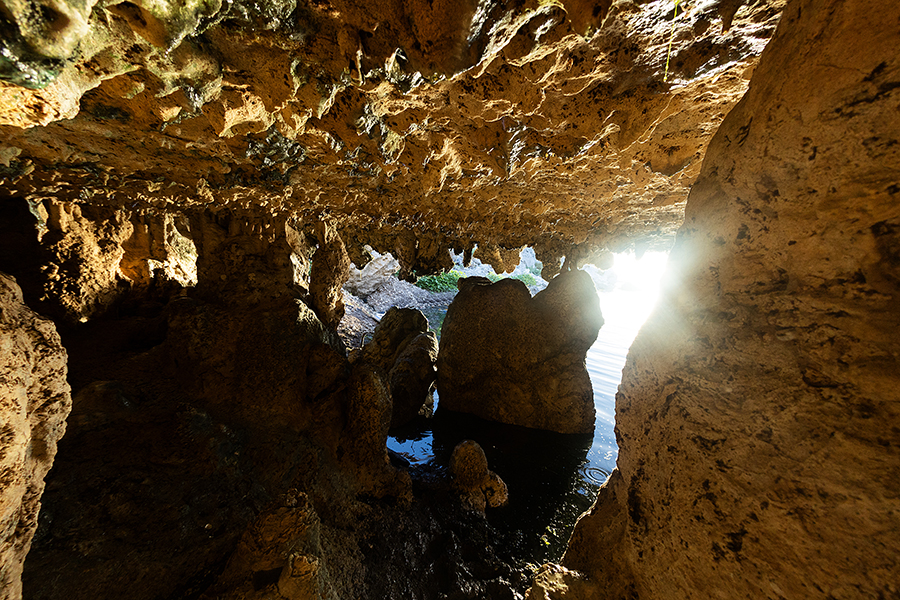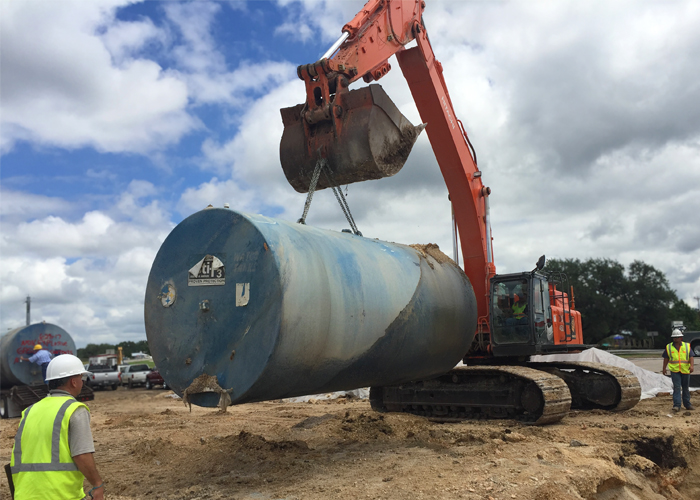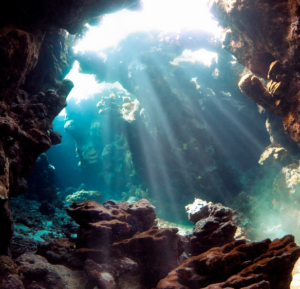Protecting The Edwards Aquifer
Our Job
The Edwards Aquifer’s three general areas — which we refer to as the contributing, recharge, and artesian zones — all play a vital role in producing drinkable water. To keep the aquifer healthy, it’s important to make sure that these areas are kept from harm.

What Are Karst Features?
Karst features are the caves, sinkholes and fractured limestone in the landscape. Karst is the feature that catches and holds water in the Edwards Aquifer until it either percolates under pressure, or is drawn up through wells.
A Delicate System: Karst aquifers like ours are very susceptible to contamination, which is why land management is such a critical part of its protection. While prevention is the best solution to combat contamination, our research has shown that soil improvement can help enhance natural filtration.
Preventing Pollution
The Edwards Aquifer Authority uses certain methods to do what it can to keep the Edwards Aquifer a healthy water source. For example, if an abandoned underground tank is in danger of leaking dangerous substances into the Aquifer — or is being replaced with a newer tank — the EAA will oversee the work to ensure the tank is properly removed and a new one installed, just like you see being done here.

Stay Plugged In
Plugging wells is a big part of protecting the aquifer. Watch and learn why it matters.
Shared Resources
We rely on community members like you to help us protect our shared aquifer resource.
Be the first line of defense with these helpful tools and programs:

Spill Reporting:
To protect and preserve the region’s primary groundwater supply, the EAA requires notification of spills of regulated materials (PDF) that occur over the Edwards Aquifer Recharge Zone.

Abandoned Well Program:
The EAA’s Abandoned Well Program helps identify and address abandoned water wells located within the aquifer system.

Above Ground Storage Tanks:
Aboveground Storage Tanks (ASTs) located ion the Recharge or Contributing Zones must be registered with the EAA to ensure compliance with water quality regulations.

Did You Know?
Many people think aquifers are naturally protected from contamination. They assume that soil and rock layers — especially in limestone aquifers — act as a perfect filter that keeps the water seeping into the aquifer clean. But in reality, the karst features of the aquifer can provide a fast track for pollutants to run directly into the aquifer in a matter of hours.
Want To Get Involved?
The Edwards Aquifer Conservancy’s mission is to support and benefit the work of the Edwards Aquifer Authority.
Check out a few examples of swales that help slow, spread and infiltrate the water system..

 Aquifer Conditions
Aquifer Conditions

 CURRENT
CURRENT 
